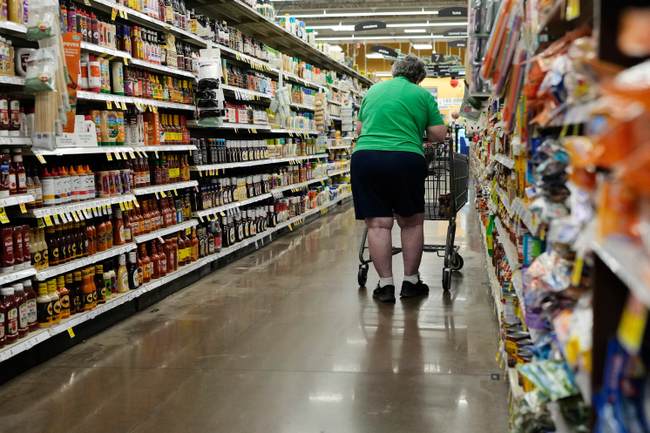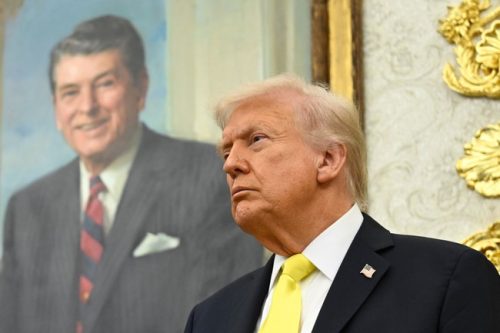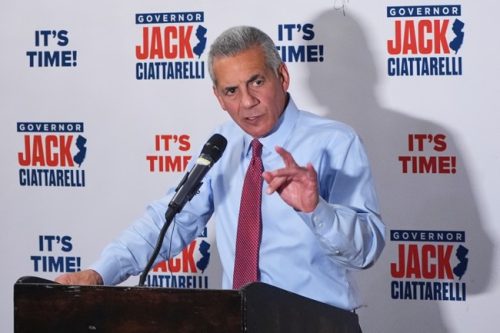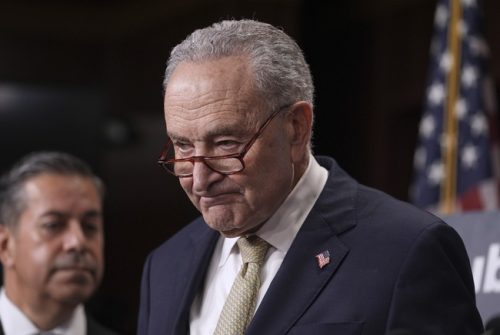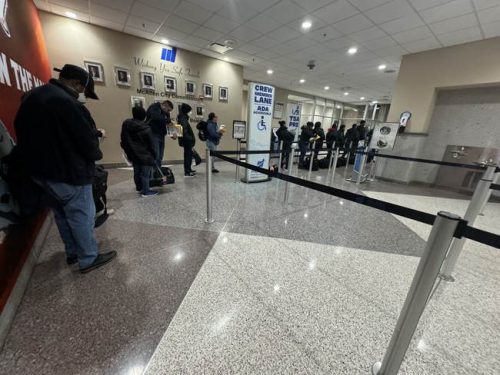The shutdown fight in Washington has real consequences for millions who rely on SNAP. This piece lays out what a Republican congressman said about the limits of contingency funds, the shortfall the USDA reports, a recent court order, how the program moves money, and why leaders are arguing over who should bear responsibility for delayed benefits.
Congressman John Rose of Tennessee told CNN the federal contingency money available cannot legally be used to pay Supplemental Nutrition Assistance Program benefits. He noted roughly 42 million people depend on SNAP and that the pool of contingency funds sits near $5 billion. Rose told Jake Tapper the USDA actually needs about $8 billion to deliver the upcoming round of benefits on time.
A federal judge recently ordered the administration to use emergency funds to cover SNAP payments, creating immediate legal questions as the government seeks a path forward. The administration says it will ask the court to clarify how those emergency funds can be applied, a process that takes time and leaves states scrambling. Meanwhile, the shutdown that began Oct. 1 has frozen routine appropriations and complicated routine federal transfers to states for benefits.
I joined Jake Tapper on CNN to set the record straight on Democrats FALSELY claiming the USDA has a contingency fund to cover SNAP during the Schumer Shutdown.
1) Contingency funds cannot legally cover regular SNAP benefits.2) Even if they could, the $5–6 billion in the fund… pic.twitter.com/wtdoWXxY6X
— Congressman John Rose (@RepJohnRose) October 31, 2025
Republicans argue the delay is the direct result of Democrats’ refusal to reopen the government and negotiate spending priorities in good faith. Senate Democrats have repeatedly blocked measures to fully restore funding, according to reporting on floor votes, and that gridlock has real consequences at the cash register for families. The partisan standoff means payment systems and state agencies face uncertainty while millions wait for assistance.
President Trump posted on Truth Social that benefits would be delayed as his administration seeks clarity from the court. The post reflected the administration’s position that it wants to avoid legal overreach while preventing hunger, and that any decision will be followed by guidance to states. The balance is political as well as legal: officials insist they want to meet obligations without breaking appropriation rules.
In a public statement the president said, “I do NOT want Americans to go hungry just because the Radical Democrats refuse to do the right thing and REOPEN THE GOVERNMENT. Therefore, I have instructed our lawyers to ask the Court to clarify how we can legally fund SNAP as soon as possible. It is already delayed enough due to the Democrats keeping the Government closed through the monthly payment date and, even if we get immediate guidance, it will unfortunately be delayed while States get the money out. If we are given the appropriate legal direction by the Court, it will BE MY HONOR to provide the funding, just like I did with Military and Law Enforcement Pay. The Democrats should quit this charade where they hurt people for their own political reasons, and immediately REOPEN THE GOVERNMENT.”
How SNAP works matters to this fight. Federal law authorizes a flow of funds from the U.S. Department of Agriculture to state agencies, which then load benefits onto recipients’ electronic benefit cards. The federal government issues benefits for a month, states disburse them, and retailers accept them for staples like fruits, vegetables, dairy, meat, and bread. Interruptions at the federal level mean states may run short of the transfers they count on to load cards before monthly deadlines.
USDA Secretary Brooke Rollins has called the SNAP shutdown a failure of the federal government and said the program needs reform. Her comments framed the pause as a breakdown in how federal financing and oversight work when appropriations stall. Officials from the department have pointed to procedural limits on contingency funds and the need for clearer legal direction to avoid misuse of accounts meant for distinct emergencies.
There are long-standing problems inside SNAP that critics on the right frequently cite when arguing for changes. The program has seen fraud and theft, and the federal government keeps a dashboard tracking replacements when benefits are reported stolen. Across 53 jurisdictions the government replaced $322 million in benefits reported stolen over fiscal years 2023 through 2025, a figure watchdogs use to push for tighter controls and greater accountability.
The political theater around the shutdown will not fix logistical gaps in benefit delivery. States will need time to receive clarified transfers and to push funds through existing systems to households. In the interim, lawmakers from both sides face pressure as families and local agencies look for solutions, but the constitutional and statutory limits on federal spending constrain what the executive branch can do without congressional action.
Editor’s Note: The Schumer Shutdown is here. Rather than put the American people first, Chuck Schumer and the radical Democrats forced a government shutdown for healthcare for illegals. They own this.

